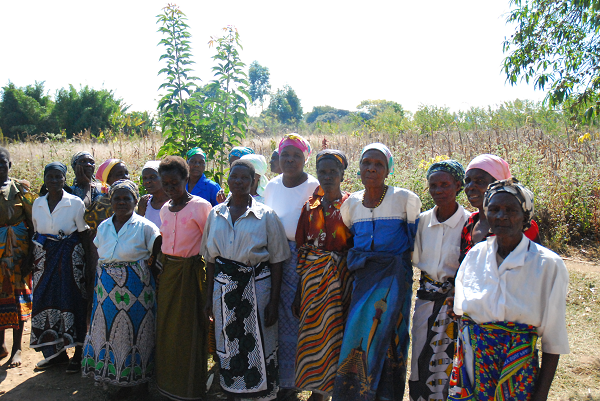Sustainability of early warning systems
This discussion paper synthesises the state of knowledge on the sustainability of early warning systems (EWS), how they are currently employed in Malawi, and challenges to, and opportunities for, their sustainability. The importance of EWS has been recognised in Malawi, and various policies and legislation are supportive of their existence. However, there are many lessons to be learned from elsewhere on sustainability.


There are barriers that must be overcome to establish effective EWS that are sustainable over time. These include: limited financial resources, technological forecasting capacity; skills and staff shortages; and inefficient coordination of weather and climate information dissemination, including early warning preparedness and response. However there are also opportunities, with successful implementation of participatory approaches, experimentation with anticipatory action, and emerging public private partnerships to support the financial viability of EWS.
The paper concludes with suggestions for future research on EWS in Malawi to examine how sustainability principles and practices can be incorporated more thoroughly and effectively into EWS design and operation.
